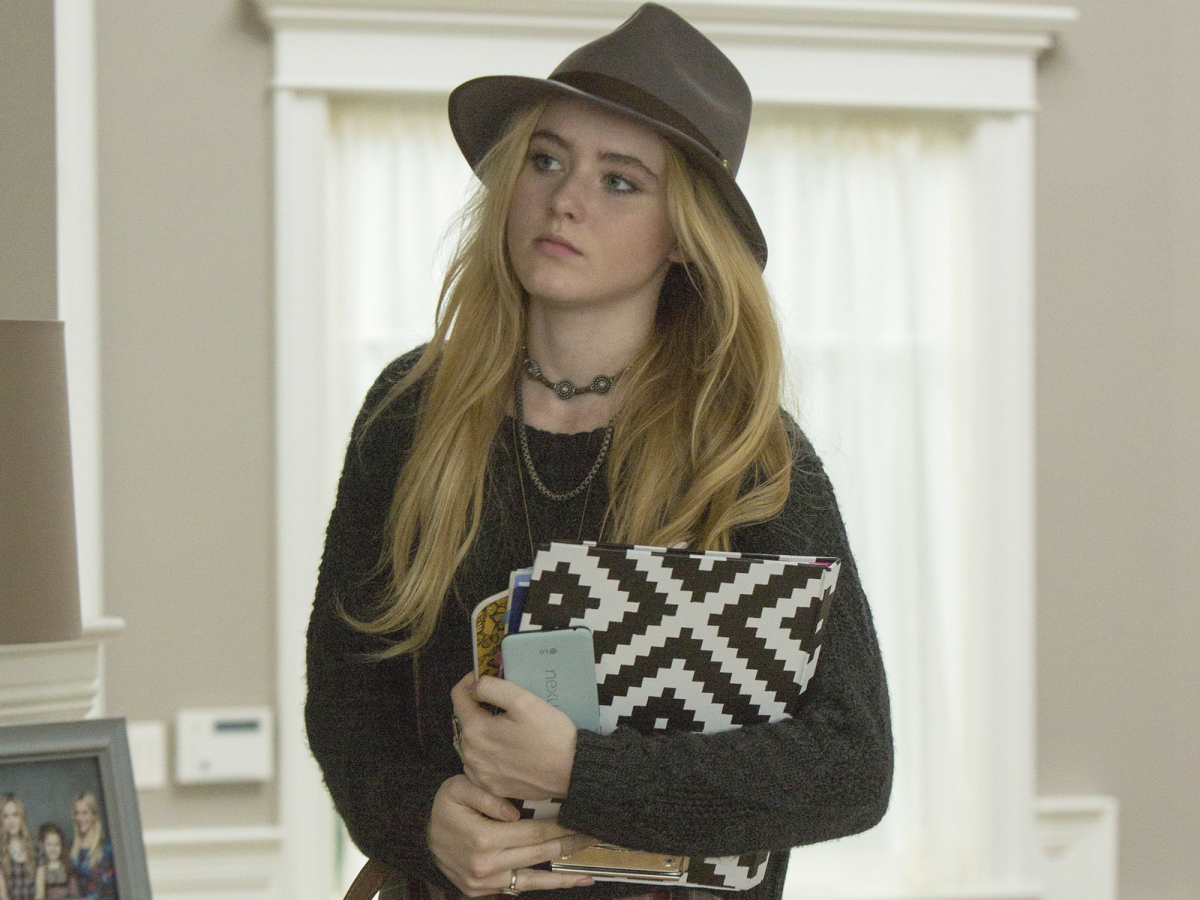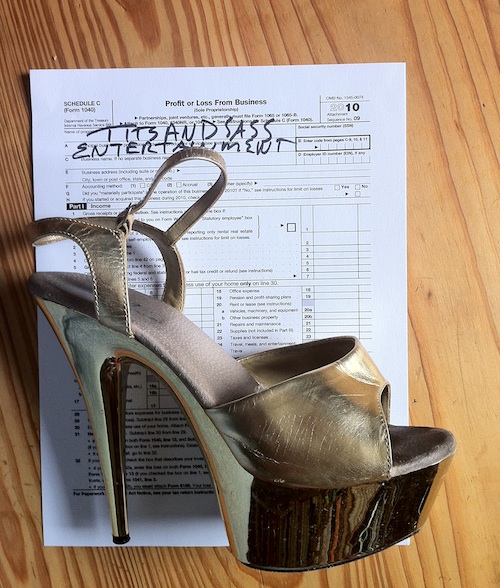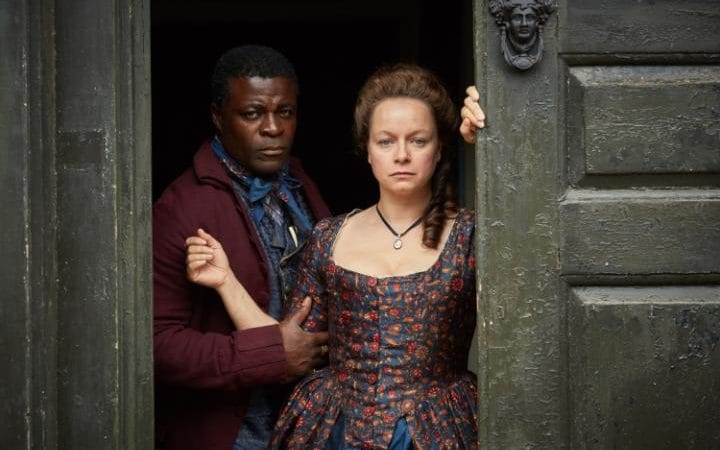Yes, I saw the coverage earlier this month on pregnant Nevada brothel worker Summer Sebastian blogging about enjoying a few months at work at the Bunny Ranch while her (former) millionaire partner watches their beautiful twins at home. No, I didn’t get the promised message of empowerment and normalization or a real heart-to-heart on what… Continue reading Working While Pregnant Is About Survival
Big Little Lies Protecting White Virginity
[Content warning: this piece includes general discussion of rape and domestic violence.] Maybe every rich little white girl should auction off her virginity in support of Amnesty International, the way Abigail Carlson (Kathryn Newton), teenage daughter of HBO’s Big Little Lies protagonist Madeline Mackenzie, proposes to do. Abigail’s plot line gained little more than an… Continue reading Big Little Lies Protecting White Virginity
It’s A Good Idea To File Your Taxes
The filing deadline for your IRS tax return is Tuesday, April 18. You can file for an automatic extension with this form. In the last couple of weeks I’ve read sex workers on Facebook and Twitter talking about the difficulties they had in getting an apartment, qualifying for a car loan, and signing up for… Continue reading It’s A Good Idea To File Your Taxes
The History Behind Harlots
Harlots is a new drama on Hulu following the misadventures and rivalries of two competing brothels in mid-18th century London. Created by Moira Buffini and Allison Newman, and loosely based on research by Hallie Rubenhold, Harlots isn’t only notable for being about harlots—all the writers and directors are women also, which allows for a truly… Continue reading The History Behind Harlots
Activist Spotlight: AMMAR Rep Maria Riot On Putas Feministas and Participating In The Women’s Strike
Maria Riot, a member of Argentine sex worker trade union AMMAR, contacted Tits and Sass after the Women’s Strike this month, eager to talk about how her organization participated in the event in their country. AMMAR has maintained a strong presence in Argentina for more than two decades, and its many bold campaigns have often… Continue reading Activist Spotlight: AMMAR Rep Maria Riot On Putas Feministas and Participating In The Women’s Strike




